RAMALLAH — I’ve been in Israel and/or Palestine for all of less than 48 hours, but I’ve had a chance to see Jerusalem from both the Jewish side and the Palestinian side. ![]()
![]()
One of the more difficult security issues over the 2000s, which sprung out of the violence of the Second Intifada between 2000 and 2005 is the construction of a wall between Israel proper, on the one side, and the Palestinian West Bank, on the other.
There are many reasons for the controversy, which remains a delicate issue for Israeli-Palestinian peace talks these days, to the extent that a glimmer of hope earlier this year, due largely to the efforts of Israeli justice minister Tzipi Livni and US secretary of state John Kerry, still exists. That’s a doubtful proposition given that the US response to Syrian chemical weapons and its new deal with Iran over nuclear energy have both incensed Israeli prime minister Benjamin Netanyahu. It’s especially doubtful, too, because hardline nationalist Israeli foreign minister Avigdor Lieberman has now returned following the reversal of his conviction earlier this month.
The first is among Israeli settlers themselves in the West Bank, who will find themselves especially isolated from the rest of Israel when the wall is completed. That means that many traditionally hard-line, pro-settler types on the right of Israeli politics opposed the security border from its inception.
The second is that the wall isn’t exactly accurate — it tracks the 1949/1967 Green Line between Israel and the Palestinian Territories only very loosely. Take a guess as to which side the Israel-built wall errs. Up to 10% of the West Bank will be within the ‘Israeli’ side of the wall when it’s completed, largely on the basis of land seized from Palestinians in areas that lie on the Palestinian side of the Green Line.
That complicates life inordinately for Palestinians.
Here’s the wall from the Israeli side en route to Bethlehem:
Here’s the same wall from the Palestinian side (also shown above):
The wall’s construction, especially around Jerusalem, means that routes that once took a few minutes now take a half-hour or an hour (i.e., the road to Bethlehem). There are also a litany of familiar complaints from the United Nations on down to other humanitarian groups, both Israeli and Palestinian, who believe that the security wall violates international law and that it impedes access to cultural and civic institutions that fall on the Israeli side of the wall. UN action against the security wall, however, has been consistently vetoed by the United States, a permanent member of the UN Security Council, though even former US president George W. Bush a decade ago called the wall a problem:
Speaking about the Israeli security fence, Mr Bush said: ‘It is very difficult to develop confidence between the Palestinians and Israelis with a wall snaking through the West Bank.’
Two of the strongest complaints revolve around access to health care and access to water. Currently, if you have a sudden illness in Ramallah, a Palestinian ambulance will rush you to the checkpoint, where you’ll wait for clearance and an Israeli ambulance to carry you the rest of the way to the best Palestinian hospitals in East Jerusalem. The wall also means that much of the water and fertility of the Jordan Valley is now (or will be) on the Israeli side of the wall, leaving Palestinians in the position of being forced to buy water from Israel. That’s hardly a satisfactory solution for Palestinians.
East Jerusalem, the center of Palestinian life since the creation of the Israeli state in 1948 and even after the Six Days’ War, when Israeli forces captured East Jerusalem and the West Bank from Jordan, the Golan Heights from Syria and the Sinai Peninsula from Egypt. Though the subsequent Yom Kippur War in 1973 and the Camp David peace talks between Israeli prime minister Menachem Begin and Egyptian president Anwar Sadat returned the Sinai to Egypt in 1979 (a deal that led to Sadat’s assassination by Egyptian nationalists, but which has essentially secured peace between Israel and Egypt ever since), Israel has continued to hold the West Bank in military occupation.
It’s hard to argue with Israeli authorities that the wall impedes attacks — the number of suicide attacks attempted against Israel and the number of resulting deaths has decreased significantly. But that could be due to the end of the Second Intifada and the death of Yasser Arafat, which remains even today shrouded in controversy with the discovery by a Swiss forensics team just a few weeks ago that his remains contain traces of polonium. The material consideration is that Israeli authorities remain convinced that the security wall has boosted Israeli’s protection from attacks, and that opinion is unlikely to change anytime soon. Earlier this month, reports surfaced that Israel is planning to build a wall between the West Bank and Jordan too.
What’s also true is that you can feel the huge sucking noise of all of the Palestinian energy from East Jerusalem to Ramallah. There’s no way to describe just how little energy there is in the former and how much energy there is in the latter, and parts of it feel like walking down Hamra Street in Lebanon (without the Greek Orthodox nationalist thugs, of course). The economy, at least in the West Bank, is booming after years of stagnation, and even with the drag on GDP growth from the economic blockade of the Hamas-controlled Gaza Strip, growth in the Fatah-controlled West Bank powered Palestine to a 5.9% GDP growth rate, on the basis of double-digit growth in the West Bank. It’s clear that much of that economic development centers in Ramallah.
In the long run, however, Israeli negotiators will certainly be forced to cede that in a two-state solution, the wall’s line will most certainly have to move. Even more difficult is the fate of famous walls in the past. Despite the talk of ever-enhanced border patrols from Texas to California, it remains as porous as ever for Mexican and Central American migrants seeking opportunity in the United States. The Berlin Wall, which separated West Berlin from the Communist-controlled East Berlin for 28 years, was torn down almost 25 years ago. The Great Wall of China, at various points of Chinese imperial history, failed to withstand the incursions of Mongols and Manchurians alike.
Walls, physical or otherwise, historically prove permeable — while it’s hard to deny that the Israeli security fence has kept Israelis safer, it doesn’t change the fact that any true resolution to the Israeli-Palestinian conflict lies in political negotiations.
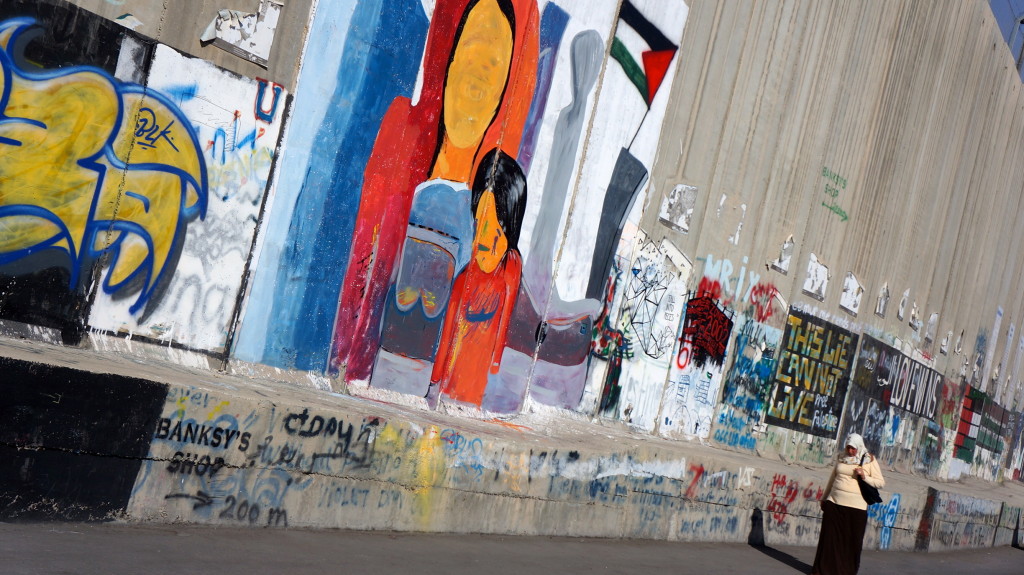
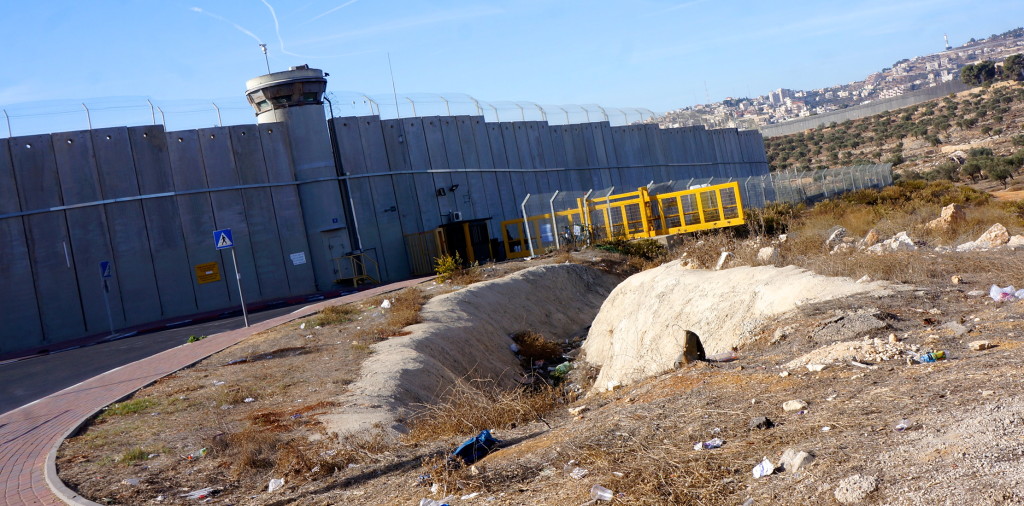
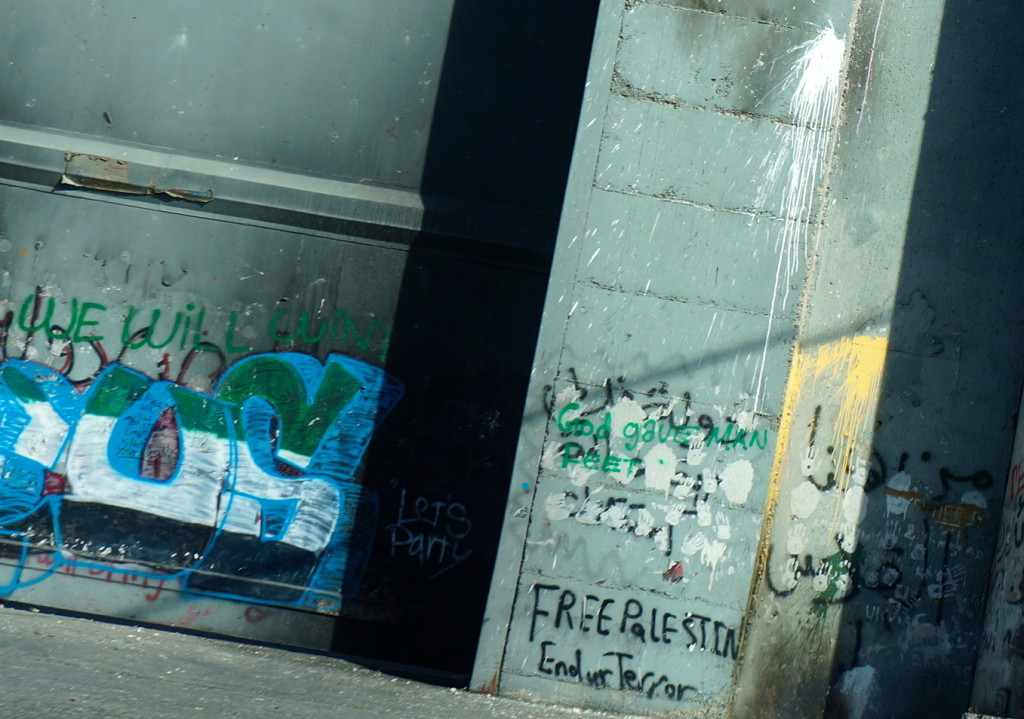
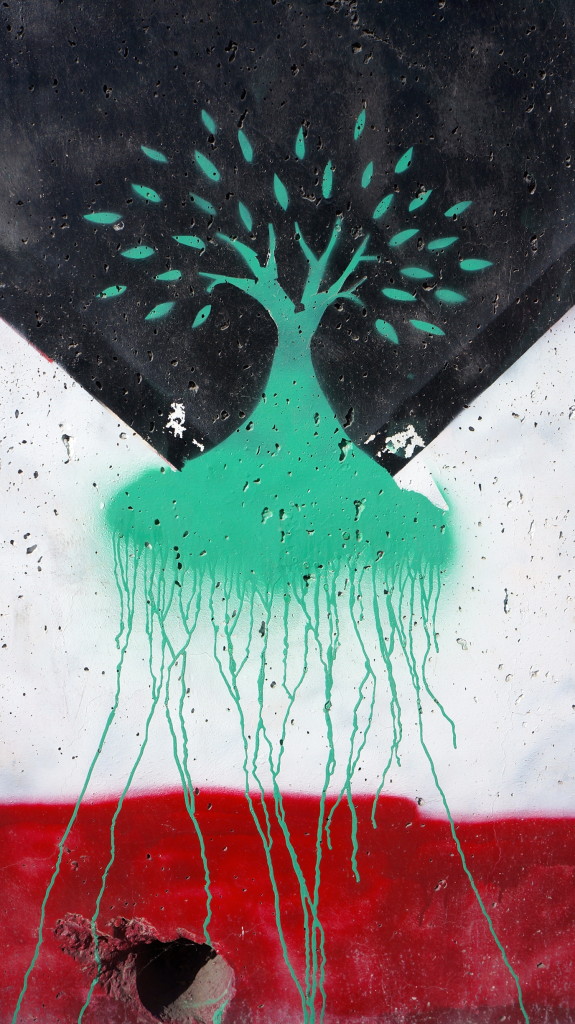
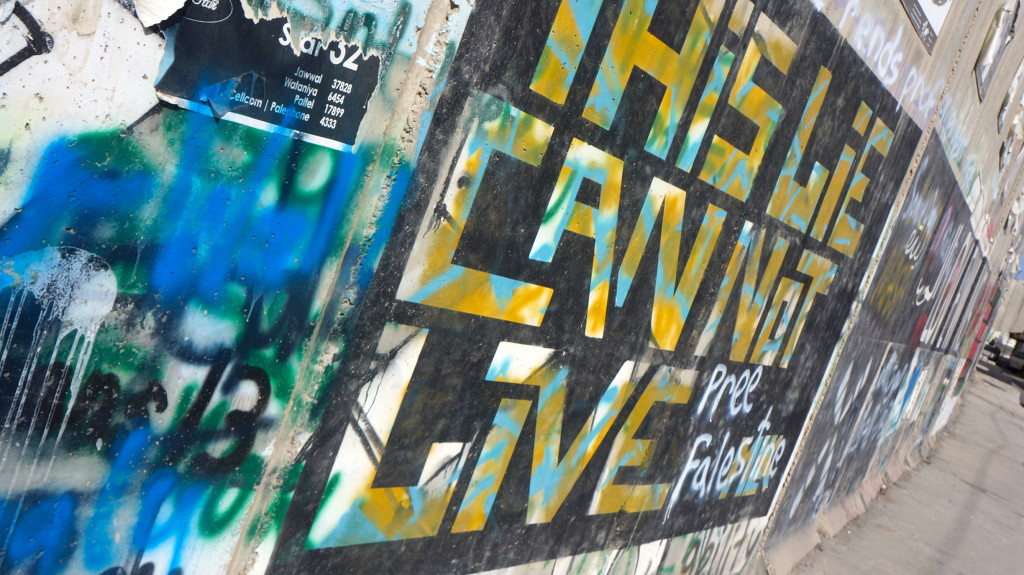

Carrie Underwood and Brad Paisley will host the Nov. 1 awards, which will air live on ABC from the Bridgestone Arena in Nashville, Tenn.All eyes are trained on the swing state of Colorado, where Mitt Romney and President Barack Obama debate in Denver for the first time at 9 p.m. ET. Colorado Senator Michael Bennet, a Democrat who bested Republican Ken Buck in 2010 by less than 2 points in a down-to-the-wire Senate race in 2010, sounds confident the President will win his state by a “strong” margin in November.